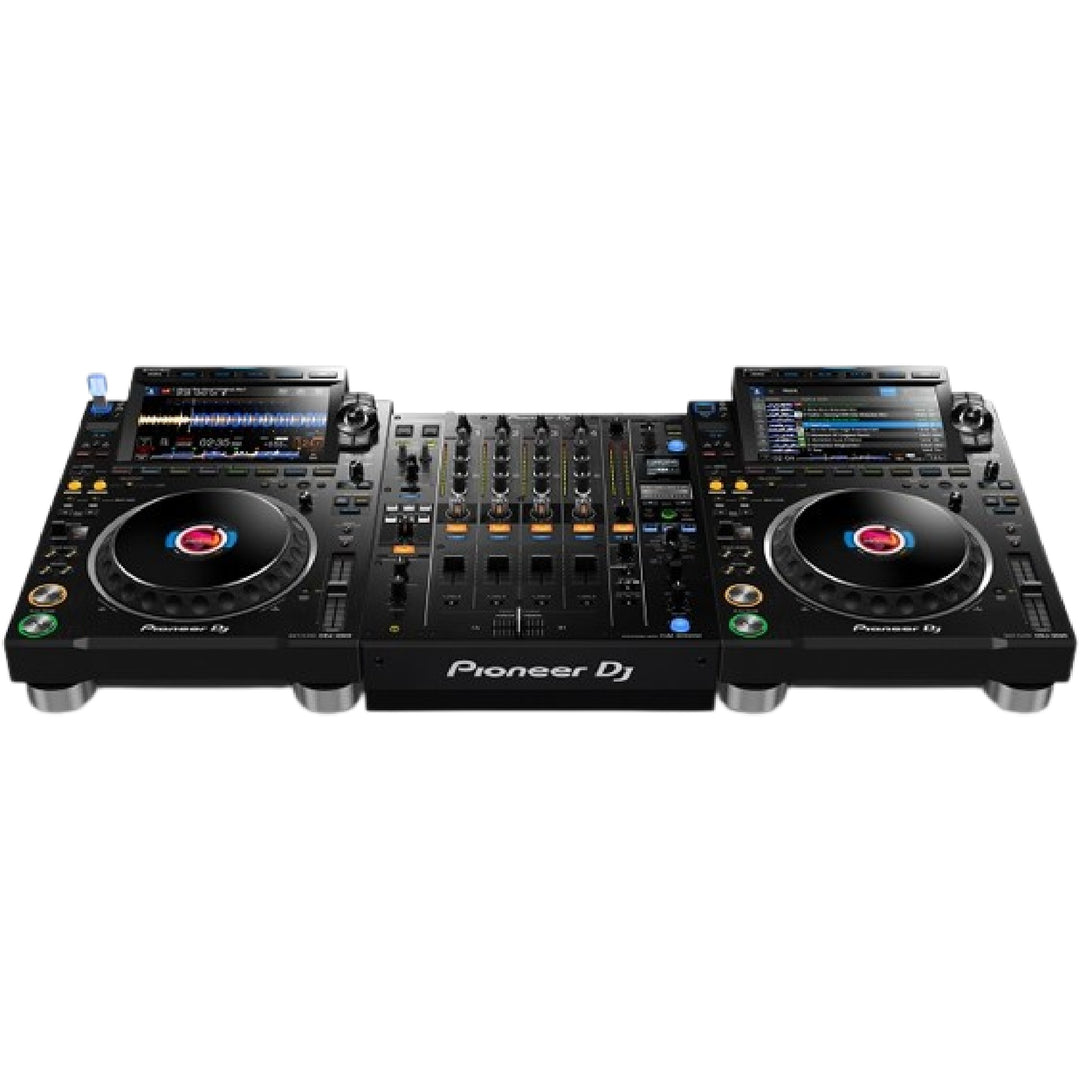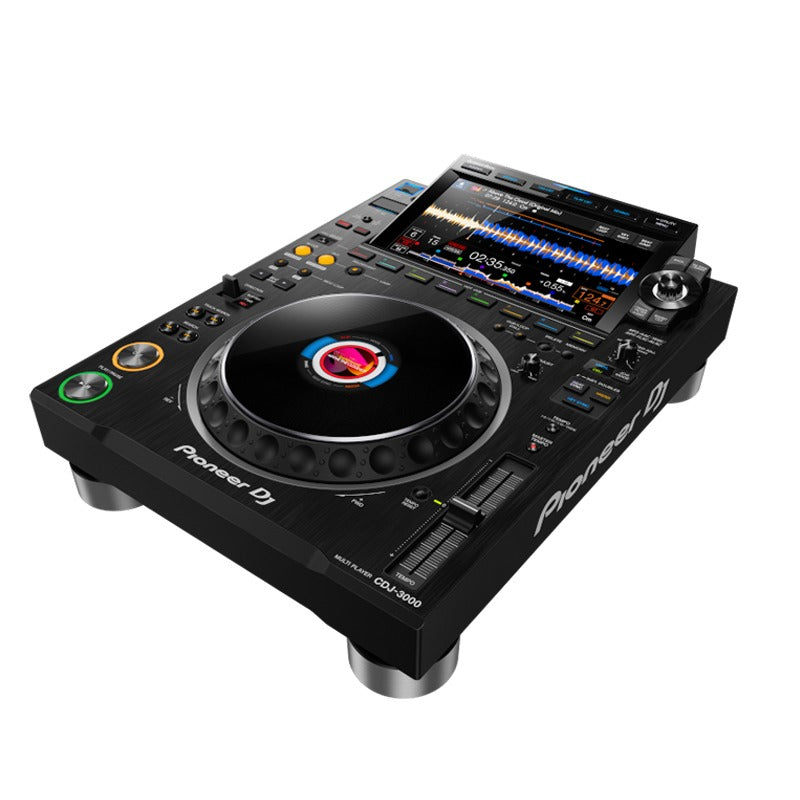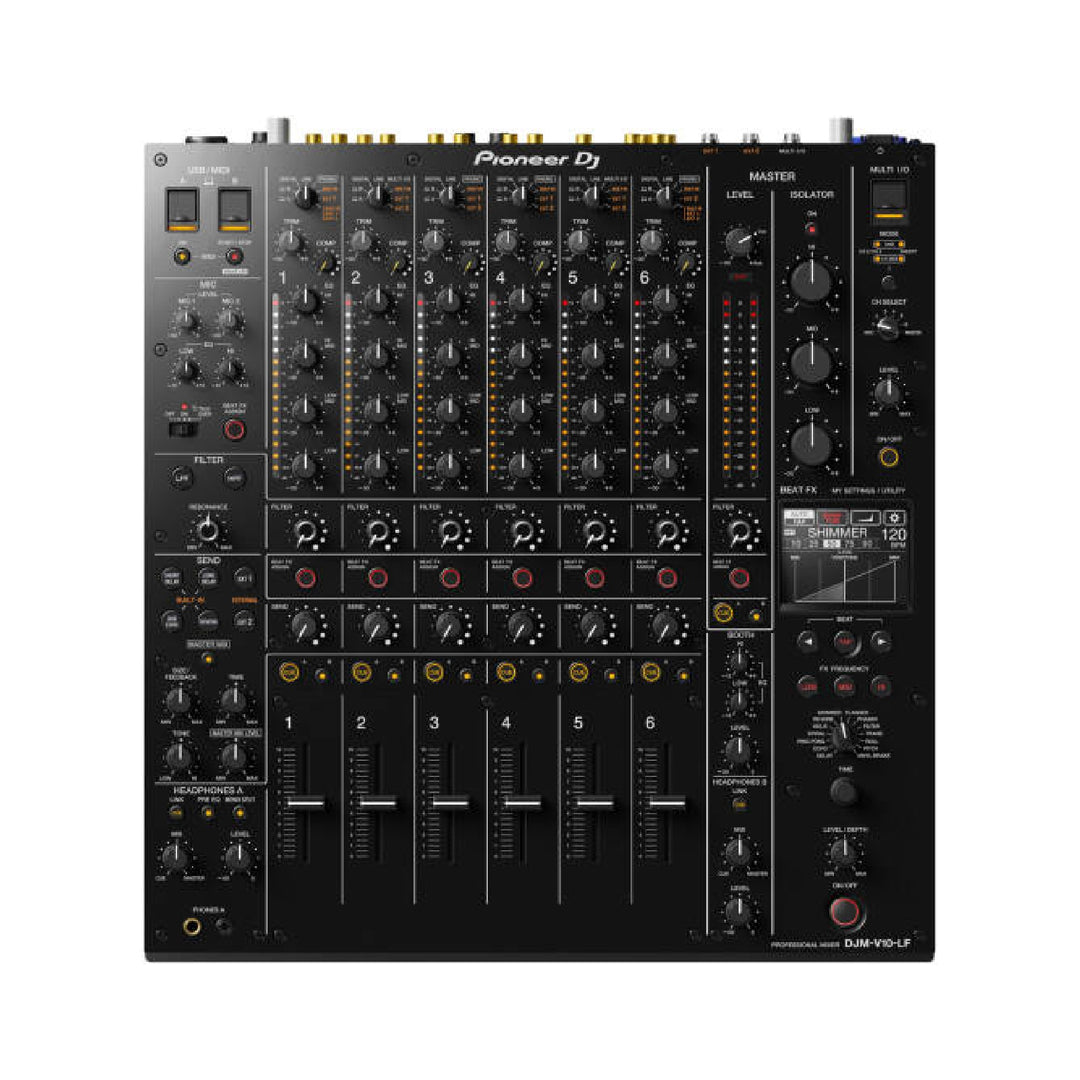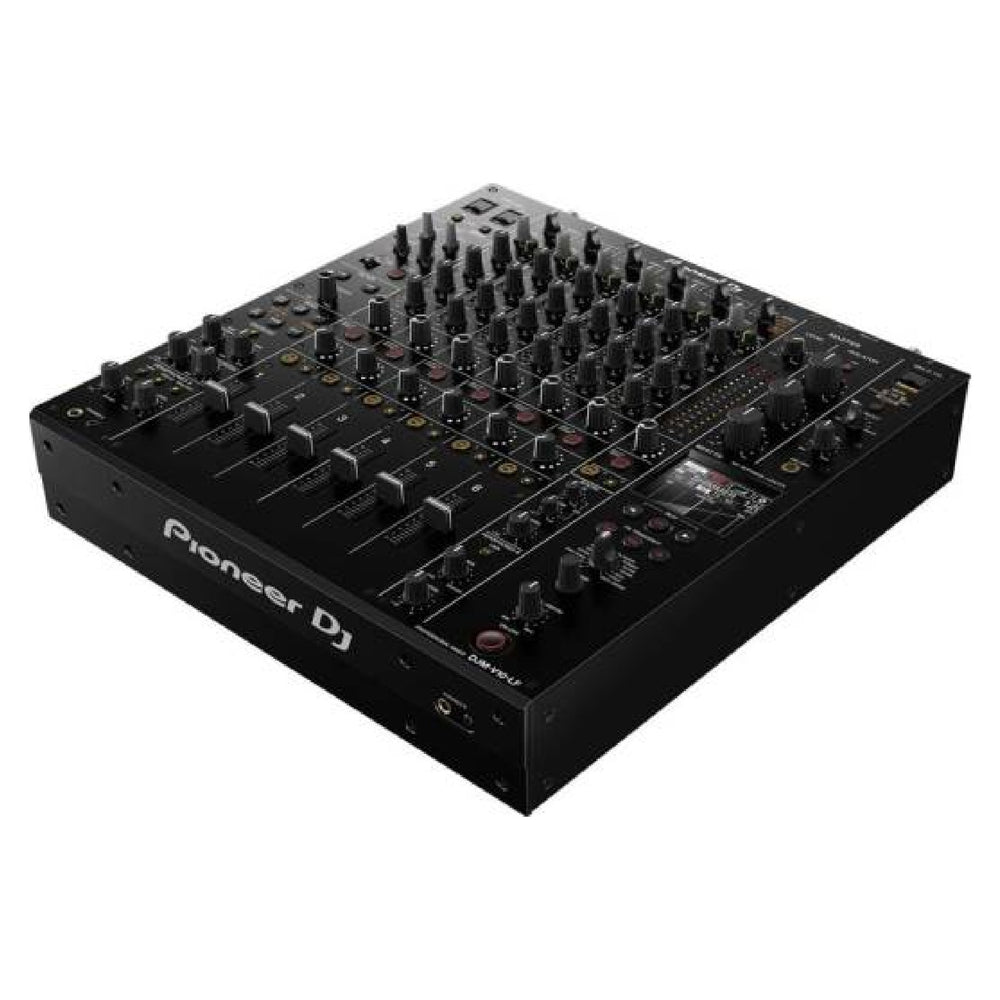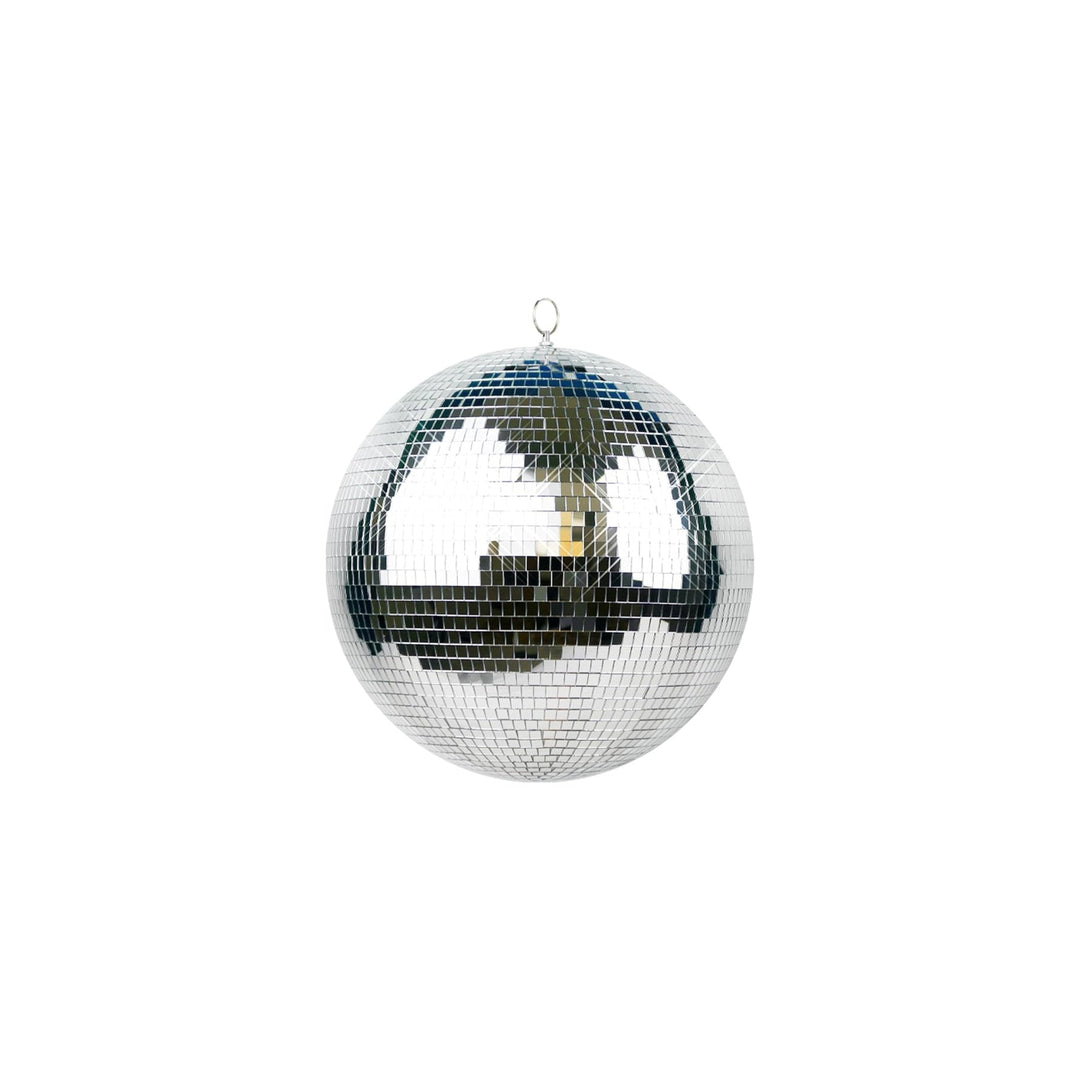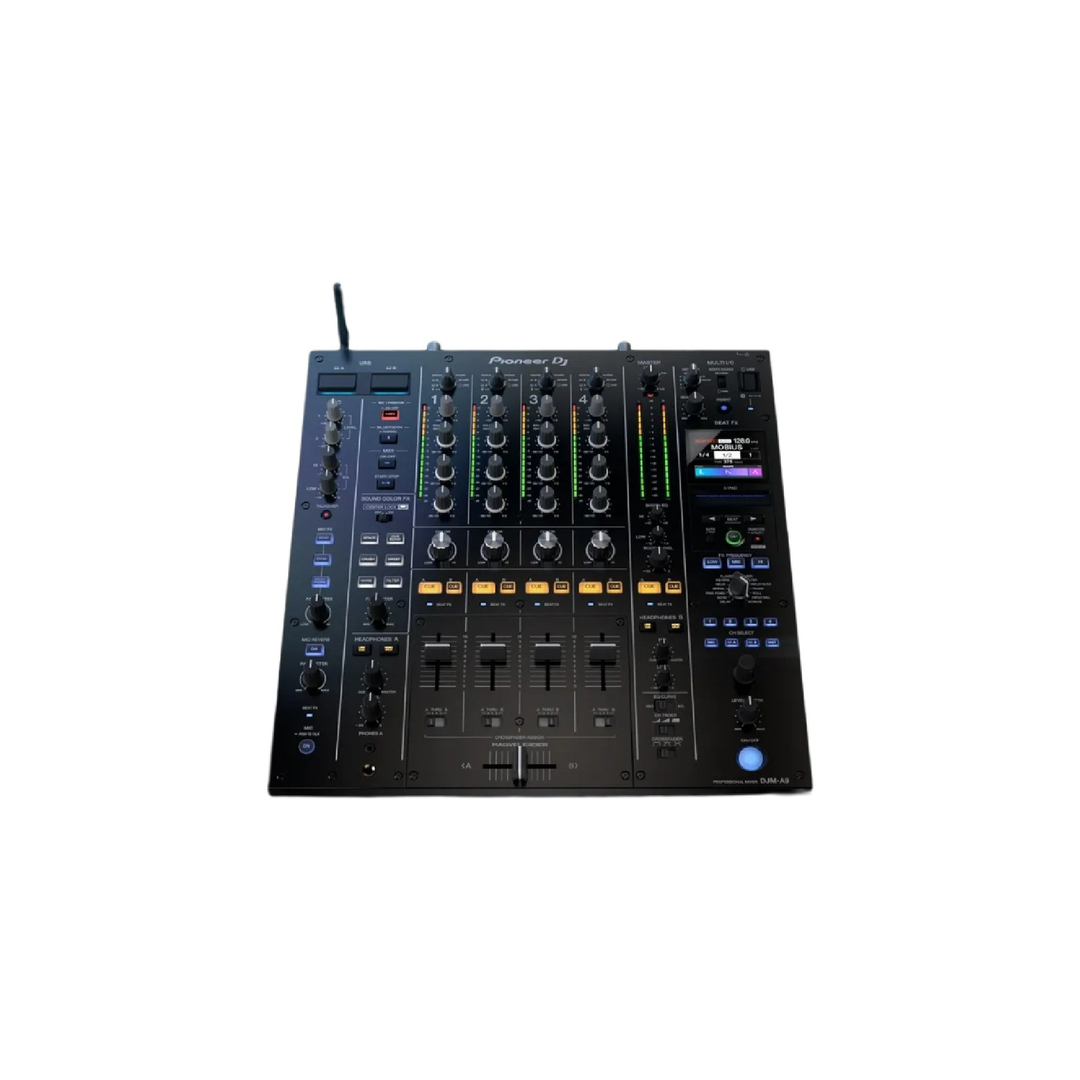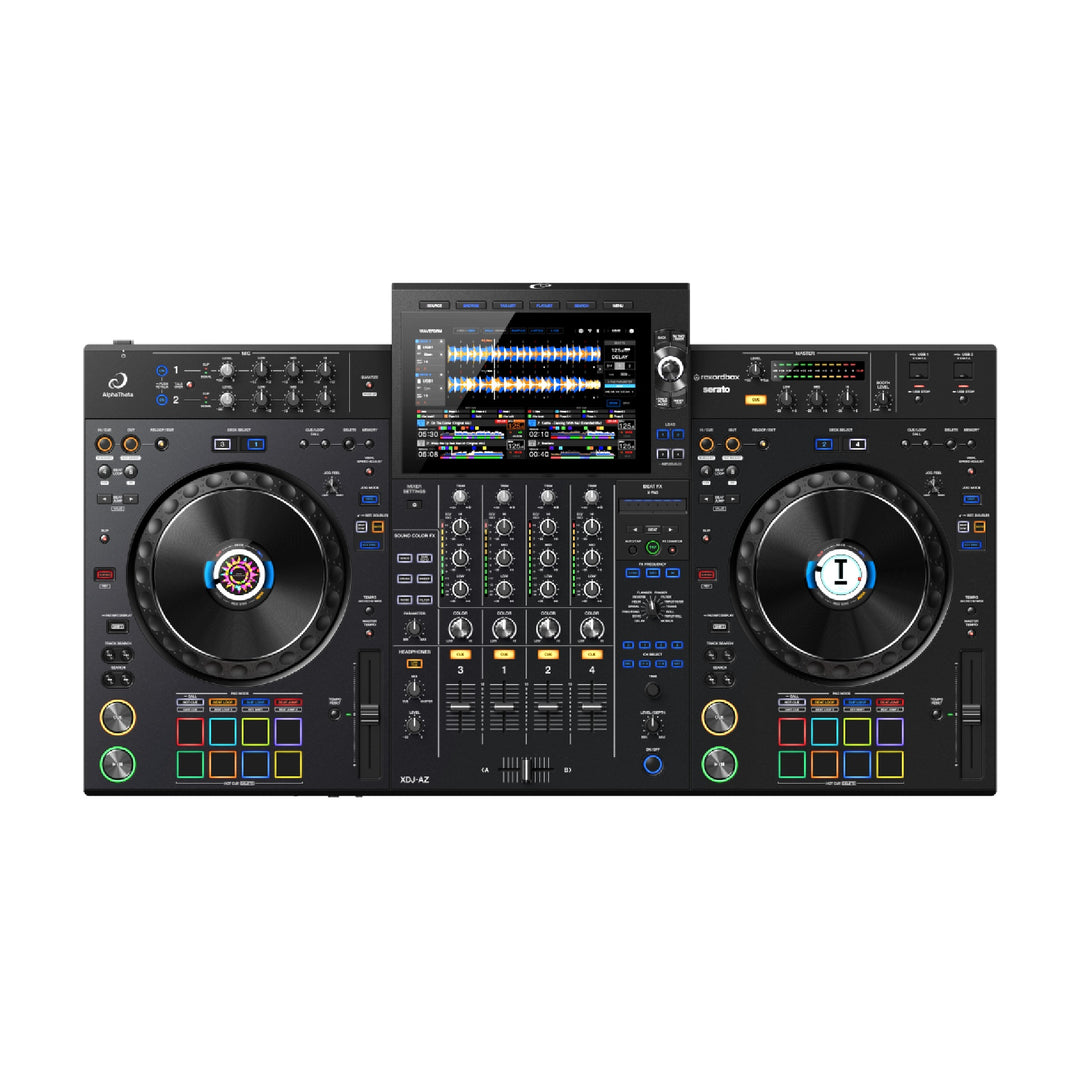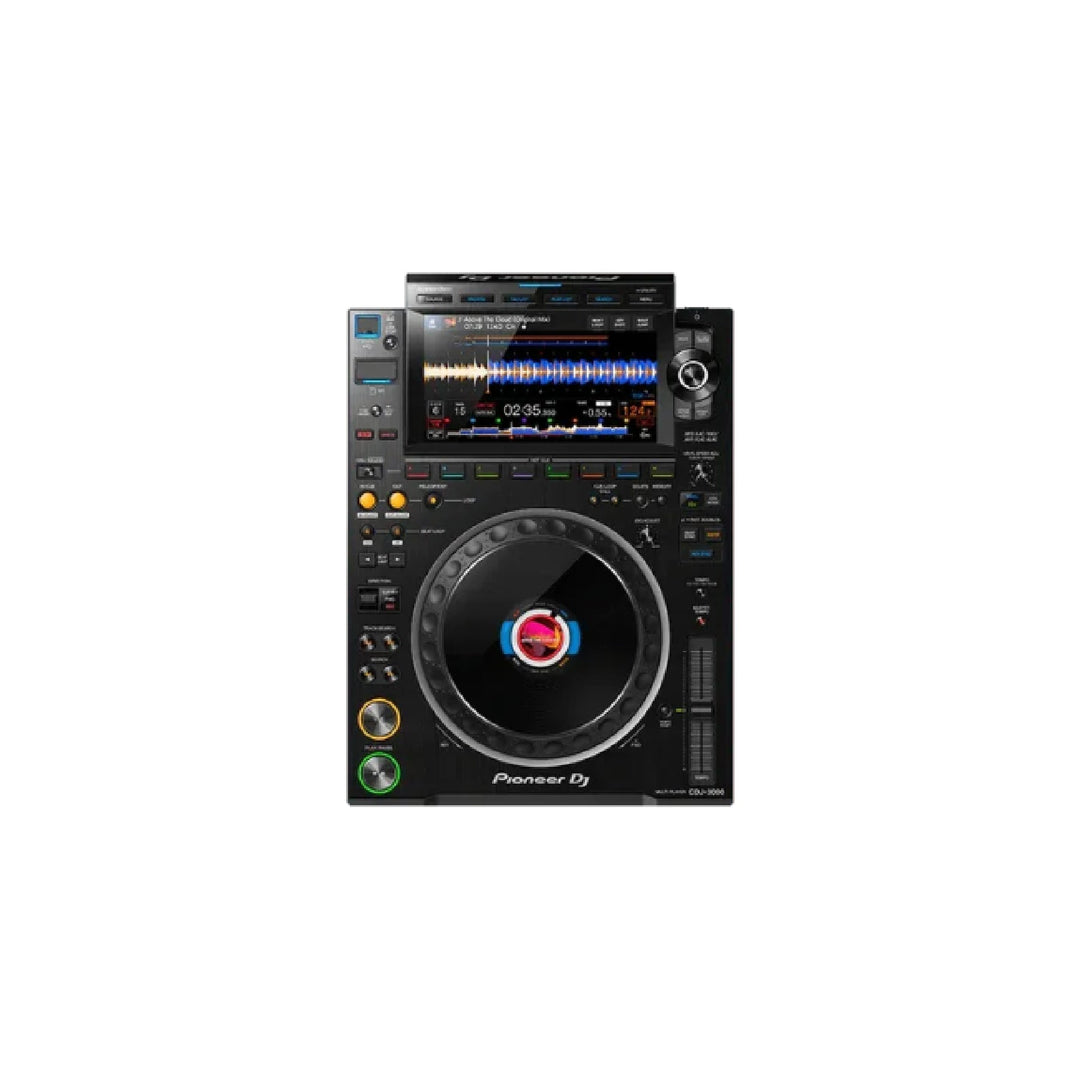Prices are not listed as they vary based on equipment selection, setup requirements, and event size. Please contact us for a tailored quotation.
Contact us: +971528759972
Email: audioampd@gmail.com
DMX Controllers in Dubai
Our company Ampd Audio provides Dubai customers with top-level DMX controllers aimed at helping professionals achieve high-end control of stage lighting and effects. Our DMX controller collection allows users to execute flawless lighting displays for events including concerts as well as corporate engagements and nightclub shows.
Our inventory comprises leading reliability and innovative industry brands which professionals rely upon. The DMX controllers provide easy programming for users who want to create smooth transitions in lights and music synchronization and control of multiple devices. Ampd Audio provides lighting technicians with the right console model to match their needs through its diverse range that starts with mobile units and extends to professional-grade consoles.
Our organization assists event planners and lighting engineers and venue managers in Dubai through our rental services as well as available purchase options. The testing process ensures optimal performance of every unit while setup assistance is available as an optional service to offer trouble-free operation.
1. What is a DMX controller?
A DMX controller is a device that sends digital signals to lighting fixtures, enabling synchronized control of brightness, colour, effects, and movement. It’s commonly used in stage lighting, concerts, clubs, and architectural installations.
2. How does DMX control lighting?
DMX uses a digital communication protocol (usually DMX512) to transmit instructions via a data cable to compatible lighting equipment. Each fixture is assigned a unique address, allowing the controller to manage multiple devices individually or in groups.
3. What’s the difference between a hardware and software DMX controller?
- Hardware DMX controllers are physical consoles with buttons, faders, and knobs.
- Software DMX controllers run on a computer or tablet and typically require an interface (dongle) to connect with lighting fixtures. They offer advanced programming options and visual timelines.
4. Can I control DMX lights wirelessly?
Yes, many modern DMX controllers support wireless transmission using technologies like Wi-Fi or RF. Wireless DMX reduces cable clutter and is ideal for installations where running wires is impractical.
5. How many lights can a DMX controller manage?
A standard DMX universe controls up to 512 channels. Depending on the number of channels each fixture uses, a single universe can manage several to dozens of fixtures. Some advanced controllers support multiple DMX universes.
6. What type of DMX controller is best for beginners?
For beginners, entry-level DMX hardware consoles with intuitive faders or software-based controllers with prebuilt scenes are recommended. Look for models with plug-and-play compatibility and clear labelling.
7. What are DMX channels and addresses?
Each DMX fixture operates using one or more channels (e.g., dimmer, colour, pan, tilt). A DMX address assigns the starting channel number for a fixture, telling the controller which channels to use for that light.
8. Is DMX only for stage lighting?
No. DMX is widely used in architectural lighting, home automation, LED installations, clubs, and events. Its flexibility makes it suitable for any situation requiring dynamic lighting control.
9. Do all lighting fixtures support DMX control?
Only DMX-compatible fixtures can be controlled by a DMX controller. Always check for DMX input/output ports or DMX decoder compatibility if integrating non-DMX LEDs.
10. Can I expand my DMX setup later?
Yes. You can daisy-chain additional DMX fixtures or use splitters and repeaters to extend signal strength. Some advanced controllers also allow adding more DMX universes via Ethernet or Art-Net protocols.


